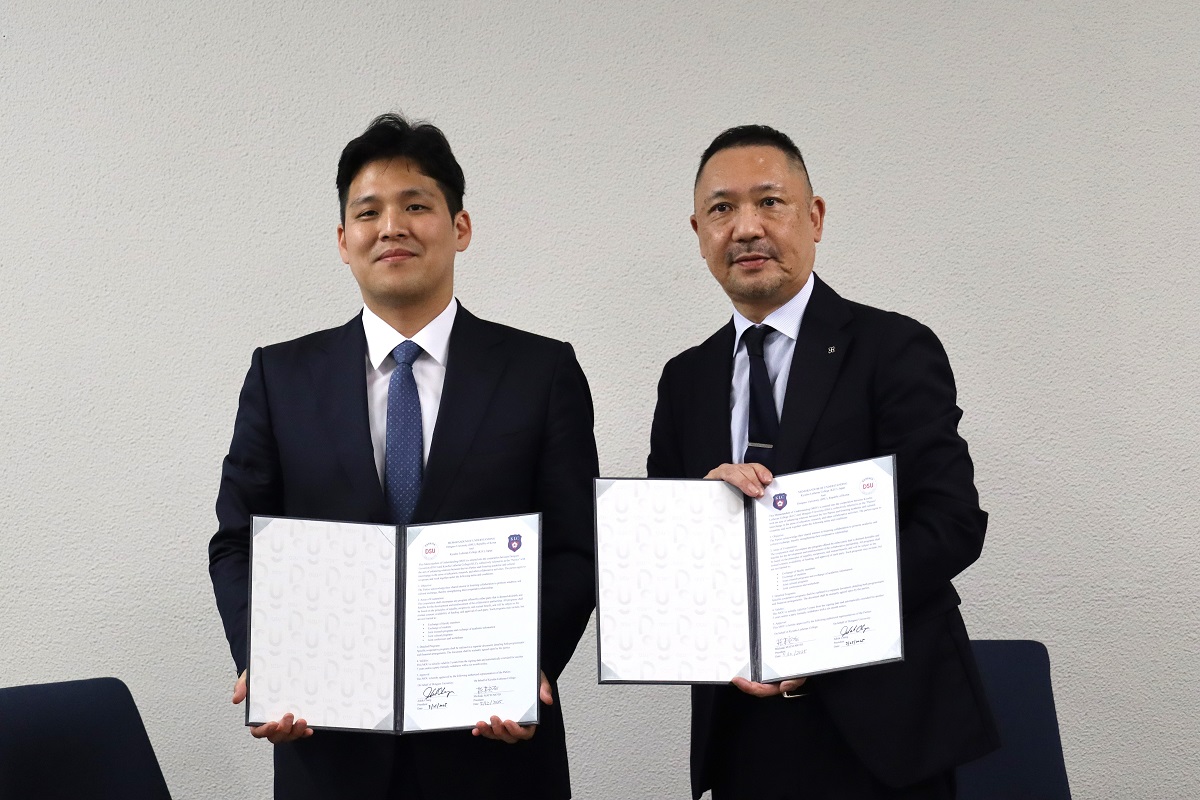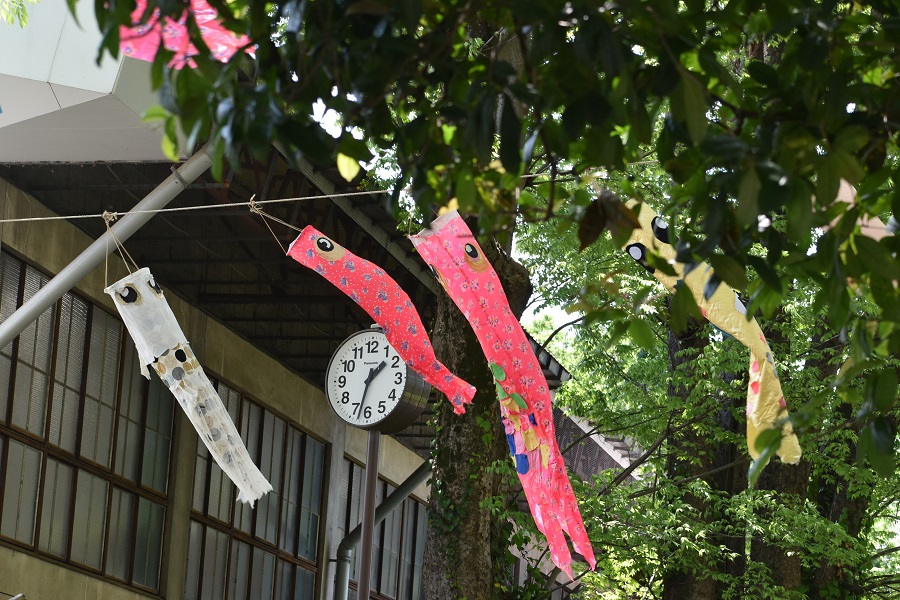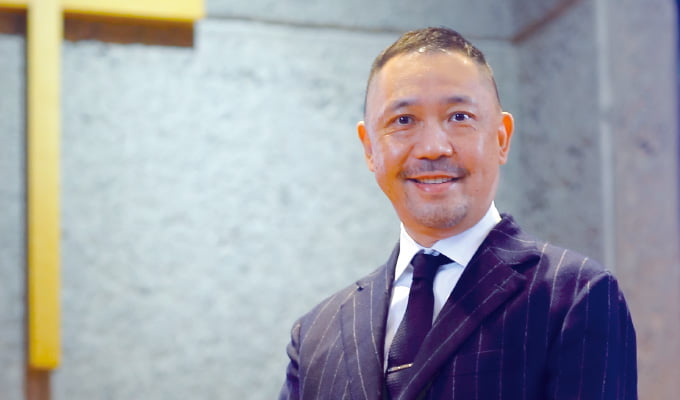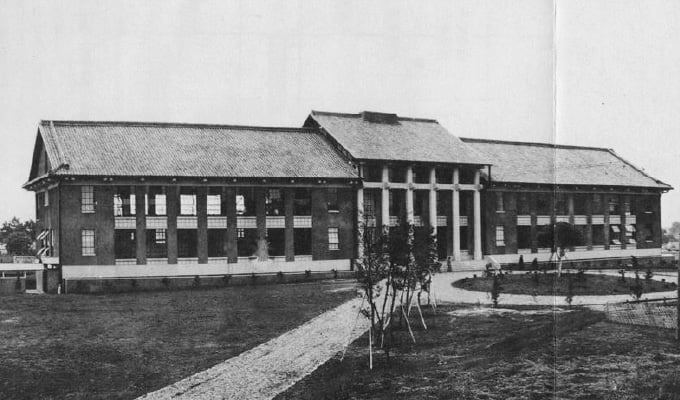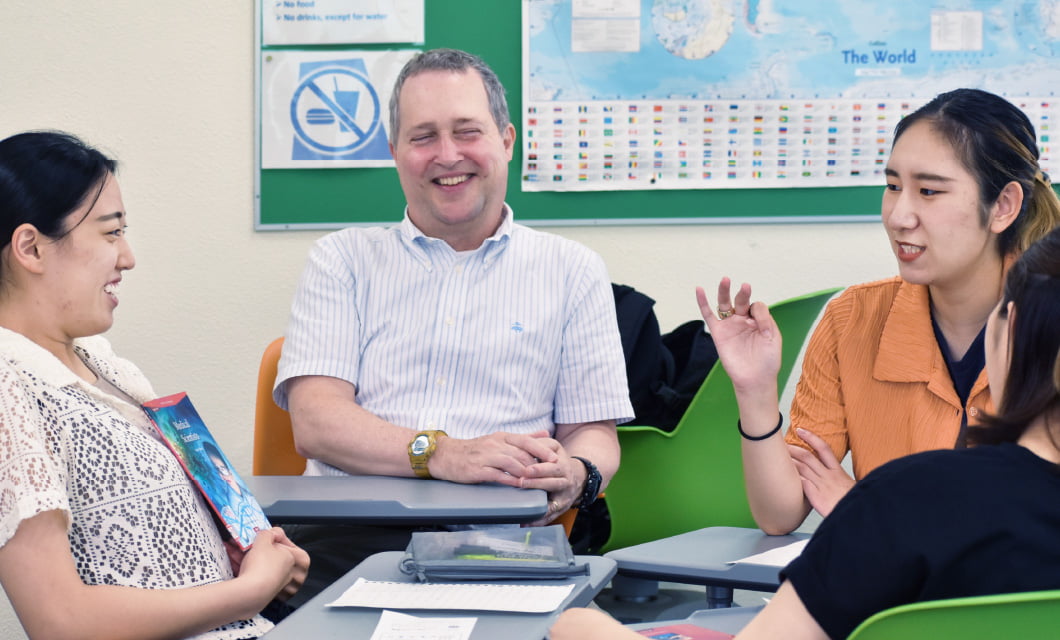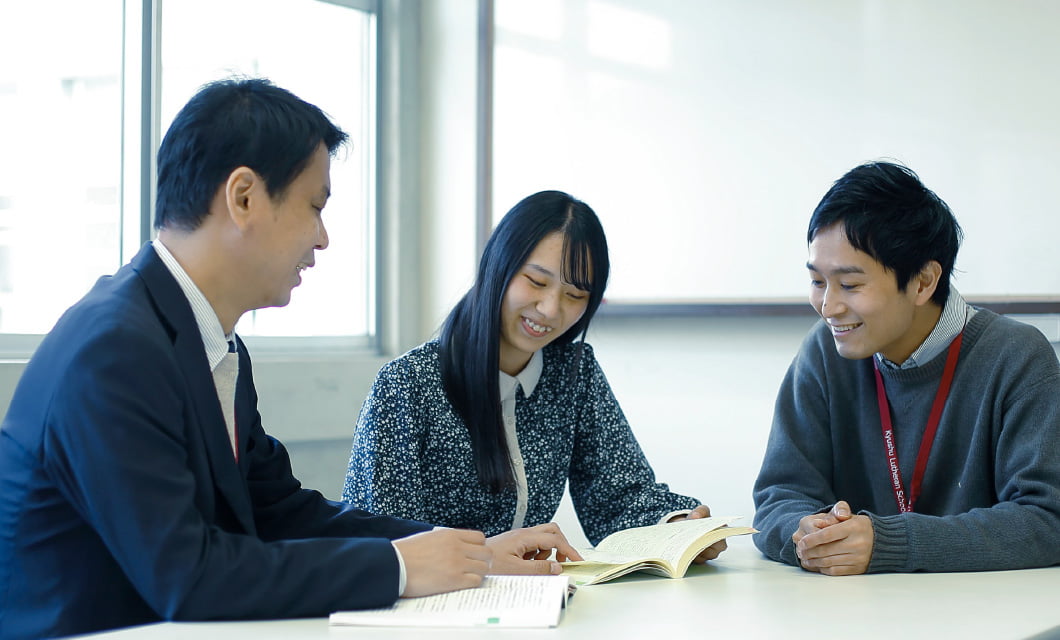Learn about people.
Learn from people.
Communication with people of different cultures.
Growth and education of children.
Broadening of the heart and mind.
Students at Kyushu Lutheran College are learning, in a word, “people”, even if they are studying different majors. That is why there is only one faculty here, the Faculty of Humanities. Students learn about people in a wide range of fields, without being restricted to one area of expertise. Students learn deeply from their teachers, seniors, and friends.
Over four years, students will gradually develop their own knowledge, not only the knowledge obtained from textbooks, but also the wisdom to use that knowledge, the experience gained by predecessors, and those that are invisible to the eye, that cannot be easily explained in words, and that cannot be realized by AI or machines.
Learn about people from people.
This is the unique educational environment that Kyushu Lutheran College has prepared for every student.
NEWS
CONTENTS
Message from the President
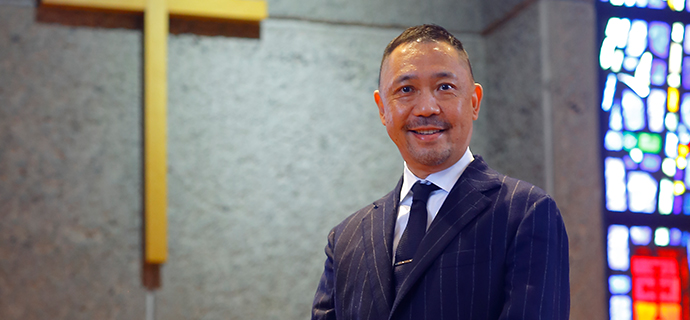
Recognize dreams in the community and profound learning in the world.
Strive to be active in the community an learn from the world.
The origins of Kyushu Lutheran College can be traced back to Kyushu Jogakuin Girls’ School, which was established almost 100 years ago in 1926 with a donation from the Lutheran Church in America to foster education for women in Japan. Setting forth into college level educational institution, Kyushu Jogakiuin Junior College was established in 1975 and it was reorganized into four-year coeducational college, Kyushu Lutheran College, in 1997 as a continuation of Kyushu Lutheran Gakuin’s long history and traditions.
Since its founding, the college has produced constructive members of society in various fields such as business, education, childcare, psychology, and welfare, who understand diversity, respect others and society, and contribute to the local community and the world, under the school motto of "Gratitude and Service (Kanon Houshi)" in the founding spirit of the college.
In 2023, Kyushu Lutheran College will be reborn with the reorganization of departments and majors, while continuing the traditions of the past. The program will further enhance the existing education, which is to develop each student's individuality through small-group study in the specialized areas of English, cross-cultural understanding, childcare/early childhood education, child education, special needs education, and psychology/welfare.
On our small campus, everyone plays a significant role. Small-group education that is the hallmark of our college allows students to grow together while respecting each person's individuality and differences. Kyushu Lutheran College, "a college that connects dreams and learning," maximizes the strength of its small-group education to support each student as he or she pursues his or her dreams.
Please join us at Kyushu Lutheran College to study together and realize your dreams.
Kyushu Lutheran College President
Michiaki Matsumoto
Our History
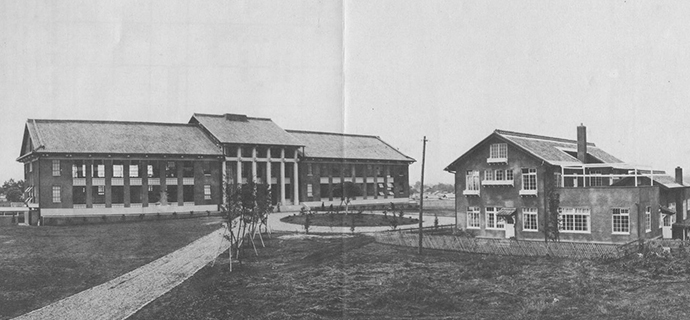
-
1908Women in the Lutheran Church in America (United Synod of the South) began raising funds for the establishment of a girls' school in Japan to foster education for women and to share with them the love of Christ.
-
1921Land was purchased on a beautiful hill at the foot of Mt. Tatsuda in Kumamoto City. It was decided to name the school "Janice James School" in memory of an eight year-old girl whose parents gave a large gift toward the school fund.
-
1924Ms. Martha B. Akard, a Lutheran missionary in Japan, was appointed to be the first principal.
-
1925Construction of the first, and present, main building began.
-
1926The name was changed to "Kyushu Jogakuin" (Kyushu Women's School). It was founded as a five-year girls' school. There were 70 students in each class for a total enrollment of 350.
-
1947The high school became a three-year school and enlarged to 1000 when a junior high school of 240 was added. After the war, numerous other buildings were constructed for the junior and senior high school.
-
1948A kindergarten was established on the campus.
-
1975Kyushu Jogakuin Junior College was founded.
-
1997Kyushu Jogakuin Women’s Junior College was reestablished as Kyushu Lutheran College with a coeducational enrollment capacity of 150 in the Faculty of Humanities, Department of Humanities.
-
2001Kyushu Jogakuin Junior & Senior High School changed its name to Luther Junior & Senior High School, and became coeducational.
-
2006Luther celebrated its 80th anniversary and finished a major reinforcement project on its buildings.
-
2015A center for early childhood education and care with children from 0 to 6 years old was added to the kindergarten.
-
2016Kumamoto earthquake in April. Luthera Senior High School main building sustained considerable damage, but the junior high school buildings were quickly opened as an evacuation center for the neighborhood. Food and supplies were distributed. Buildings were repaired an fully usable by the fall.
-
2023The Department of Humanities was reorganized into Career English Major, Childcare and Early Childhood Education Major, and Primary Education Major. The Department of Clinical Psychology adjusted its capacity limit.
-
2026Kyushu Lutheran School will celebrate its 100th anniversary. KLC will strive to maintain its purpose and tradition of providing a Christian learning environment and supporting students in serving others.
Basic Philosophy

Founding Spirit
Christian character education in accordance with the school motto "Gratitude and Service”
Education and Research
Liberal Arts Education and Advanced Education and Research in Specialized Areas
Contributions to Society
Fostering productive citizens who contribute to the improvement of welfare, society, and culture.



